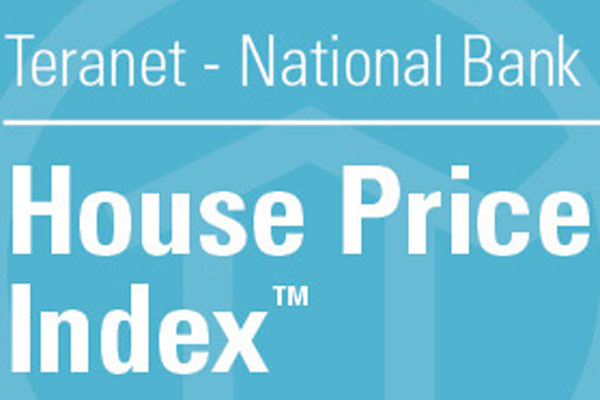9/14/2017
| SHARE
Posted in Real Estate Market by Vanguard Realty | Back to Main Blog Page

In August the Teranet-National Bank National Composite House Price Index™ was up 0.6% from the previous month, less than the average 0.7% gain for August over the 19-year history of the index. The composite index rise was indeed dampened by the 0.4% drop in the market with the largest aggregate property value, namely Toronto. It marks the first declining trend since January 2016 in the Toronto CMA. The trend reversal in the index for Toronto is consistent with the recent loosening reported in the home resale market, in particular for dwellings other than condos, where the index was down 1.0%. The unsmoothed* index for those dwellings declined for a second month in a row. Among other market indexes included in the composite index, the index rose above the national average in five markets: Vancouver (2.4%), Victoria (1.8%), Ottawa-Gatineau (1.4%), Winnipeg (1.3%) and Edmonton (0.8%). It matched the national average in Hamilton (0.6%) and lagged it in Halifax (0.3%) and Calgary (0.1%). Declines were reported by the indexes for Montreal (−0.1%) and Quebec City (−0.6%).
The national composite index reached a new record in August. But a minority of the constituent indexes did so. Hamilton’s set a record for an 18th straight month, Victoria’s for a sixth straight month and Vancouver’s and Ottawa-Gatineau’s for a fourth straight month. Winnipeg’s set a new record in August.
Teranet-National Bank National Composite House Price Index™

Among 14 markets not included in the countrywide composite index, 12 of them in Ontario, indexes for 12 were up on the month, the two exceptions being Oshawa (−2.2%) and Barrie (−0.7%).
In August the composite index was up 13.1% from a year earlier, a pull-back from the record 12-month gains of 14.2% in both June and July. This rise was led by Toronto (23.9%), Hamilton (23.4%) and Victoria (16.0%). Vancouver’s increase of 9.3% over a year earlier, though strong, was well below the countrywide average. The 12-month advance was much smaller in Ottawa-Gatineau (4.2%), Montreal (4.0%), Quebec City (2.7%), Calgary (2.2%), Winnipeg (1.6%), Edmonton (0.9%) and Halifax (0.7%).
Index values were up from a year earlier in all 14 of the markets not included in the composite index, though the 12-month increase ranged widely – from 3.1% in Thunder Bay to 29.6% in Barrie.
Canada Real Estate, Canadian Housing Market, Toronto Real Estate

